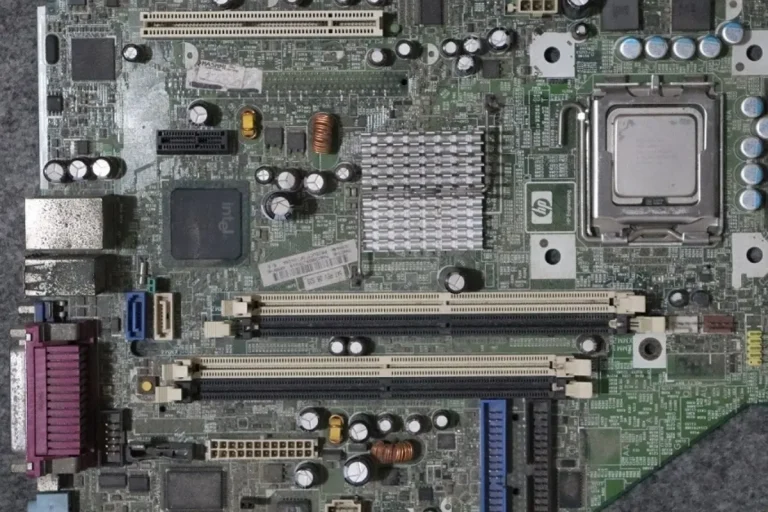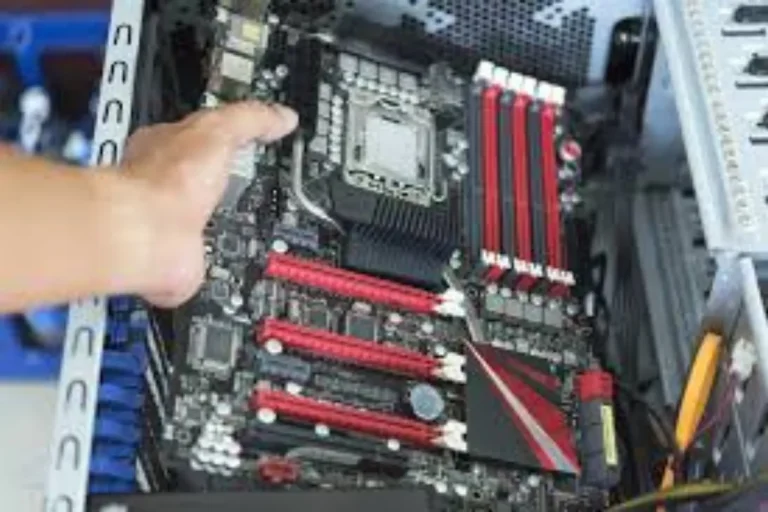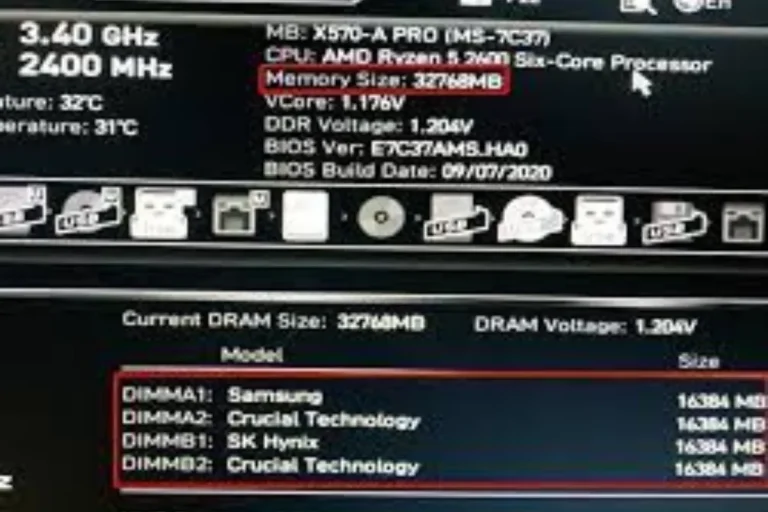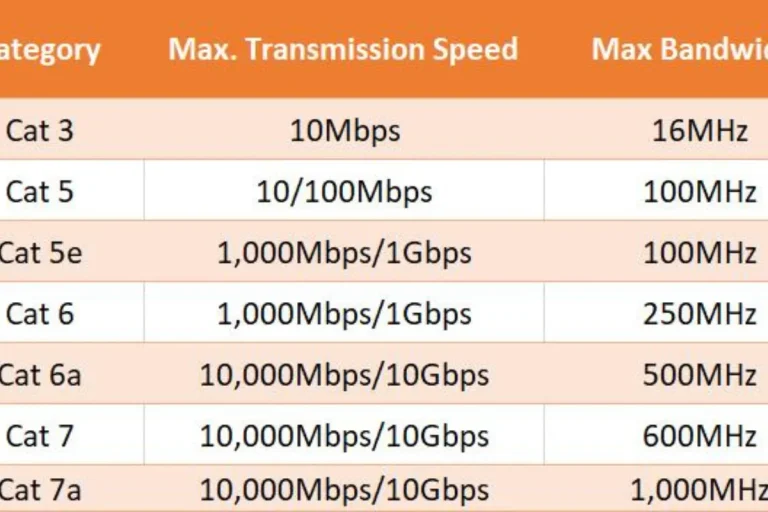Can an 8-pin PSU power up a 6-pin motherboard?
Are you wondering if an 8-pin PSU can power up a 6-pin motherboard? Don’t worry, we’ve got you covered! When it comes to building a computer, compatibility is key. In this blog post, we’ll dive into the world of power supply units (PSUs) and motherboards to unravel the mystery behind this intriguing question.
Purpose of PSU Connectors and Power Delivery
PSU connectors serve a crucial purpose in delivering power to various components within a computer system. They act as the bridge between the power supply unit (PSU) and the motherboard, ensuring that each component receives the necessary power to function optimally.
Types of PSU Connectors: 8-pin and 6-pin
Two commonly used PSU connectors are the 8-pin and 6-pin connectors. The 8-pin connector, also known as the EPS connector, is primarily used to provide power to the CPU. On the other hand, the 6-pin connector, often referred to as the PCIe connector, is utilized to supply power to graphics cards and other peripherals.
Pin Configurations and Compatibility Requirements
The 8-pin connector consists of two 4-pin sections that can be joined together to form an 8-pin connection. It is important to note that most 8-pin connectors are designed to be compatible with 4-pin connections as well. Conversely, the 6-pin connector comprises six pins arranged in a specific configuration.
When it comes to compatibility requirements, it is essential to ensure that the PSU connector matches the corresponding socket on the motherboard or component. Attempting to connect mismatched connectors can lead to compatibility issues and potential damage.
Electrical Differences and Power Delivery Impact
The primary electrical difference between the 8-pin and 6-pin connectors lies in the amount of power they can deliver. The 8-pin connector is capable of supplying more power compared to the 6-pin connector. This disparity is due to the variations in pin configuration and the wiring used within the connectors.
Potential Compatibility Issues
Using an 8-pin PSU with a 6-pin motherboard can lead to compatibility issues. The primary concern is the difference in the number of pins between the PSU and the motherboard. This discrepancy can result in a mismatched connection, preventing the components from communicating effectively.
Consequences of Mismatched Connectors
When connectors don’t match, several consequences can arise. One of the major issues is an inadequate power supply. The 6-pin motherboard may not receive the required amount of power, leading to system instability, random crashes, or even failure to boot properly. Insufficient power can also cause components to malfunction or not perform optimally.
Possible Solutions for Compatibility Issues
Fortunately, there are solutions to address compatibility issues. One option is to use an adapter that allows you to connect the 8-pin PSU to the 6-pin motherboard. Adapters bridge the gap between different connectors, ensuring a proper connection and power supply.
Another solution is to upgrade either the PSU or the motherboard. If your PSU has additional connectors or modular cables, you can consider upgrading to a model that offers the necessary 6-pin connector. Alternatively, upgrading the motherboard to one compatible with the 8-pin PSU can resolve the issue.
Potential Risks of Mismatched Connectors
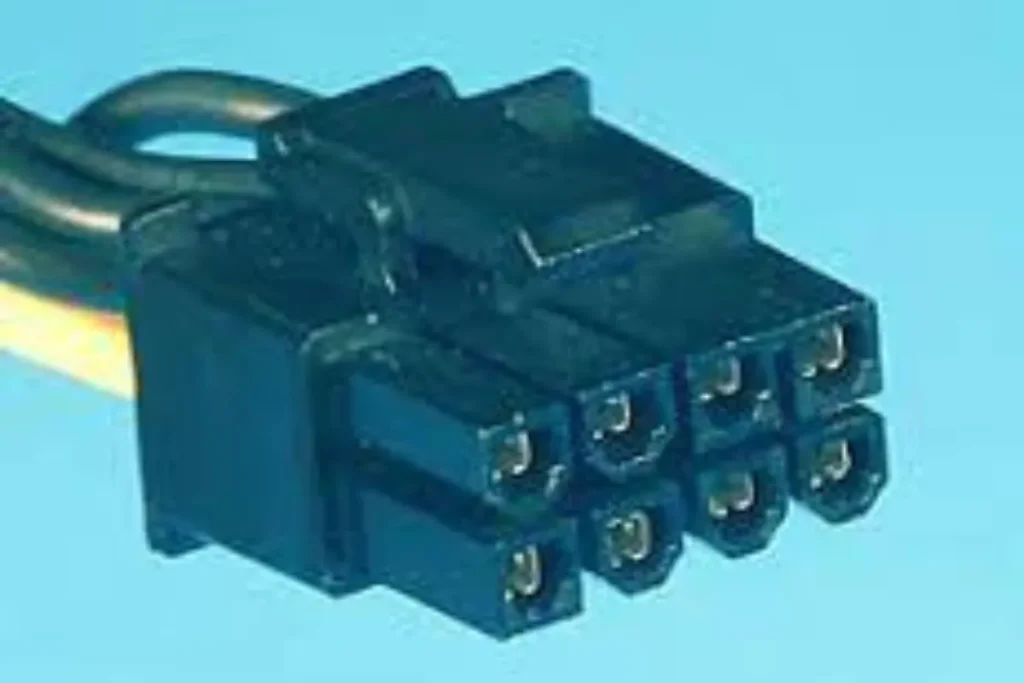
Using mismatched connectors can pose significant risks to your computer components. One of the main concerns is the potential for component damage. When connectors do not match, improper power supply can occur, leading to excessive voltage or inadequate current.
This can result in irreversible damage to sensitive components, such as the motherboard, graphics card, or CPU.
Overheating is another risk associated with mismatched connectors. Insufficient power supply can cause components to operate at higher temperatures than intended, leading to thermal stress and potential failure. Overheating can also degrade the overall performance and lifespan of your computer system.
Importance of Considering Power Requirements
Considering the power requirements of the motherboard and other components is crucial for compatibility and safety. Each component has specific power needs, and using mismatched connectors can disrupt the delicate balance.
It is essential to ensure that the power supply meets the requirements of all components to avoid potential damage and instability.
Tips for Ensuring Compatibility and Safety
To ensure compatibility and safety when dealing with connectors, there are several tips to keep in mind. First, consult the motherboard and PSU manuals to understand the recommended connectors and power specifications. These manuals provide valuable guidance to ensure a proper and secure connection.
Secondly, if you are unsure about the compatibility or have specific concerns, it is advisable to seek professional advice. Consulting an expert can help you make informed decisions and prevent costly mistakes.
Frequently asked questions
1. What are the potential risks of using mismatched connectors?
Mismatched connectors can lead to damaging components or overheating. Improper power supply due to mismatched connectors can cause excessive voltage or inadequate current, resulting in irreversible damage to sensitive components.
2. Why is it important to consider the power requirements of the motherboard and other components?
Considering power requirements is crucial for compatibility and safety. Each component has specific power needs, and using mismatched connectors can disrupt this balance.
3. How can I ensure compatibility and safety when dealing with connectors?
To ensure compatibility and safety, it is recommended to consult the motherboard and PSU manuals. These manuals provide valuable guidance on recommended connectors and power specifications.
4. What should I do if I am unsure about connector compatibility or have specific concerns?
If you have doubts or specific concerns about connector compatibility, it is advisable to seek professional advice. Consulting an expert can help you make informed decisions and prevent costly mistakes.
5. Can using mismatched connectors void warranties on computer components?
It’s possible. Using mismatched connectors or not following the manufacturer’s guidelines may void warranties on computer components. It is essential to adhere to the recommended specifications to maintain warranty coverage.
Conclusion
In conclusion, it is not recommended to use an 8-pin PSU to power up a 6-pin motherboard. The mismatched connectors can potentially lead to compatibility issues, improper power supply, and even damage to your components. To ensure a safe and reliable system, it is best to use the correct connectors as specified by the motherboard manufacturer.
